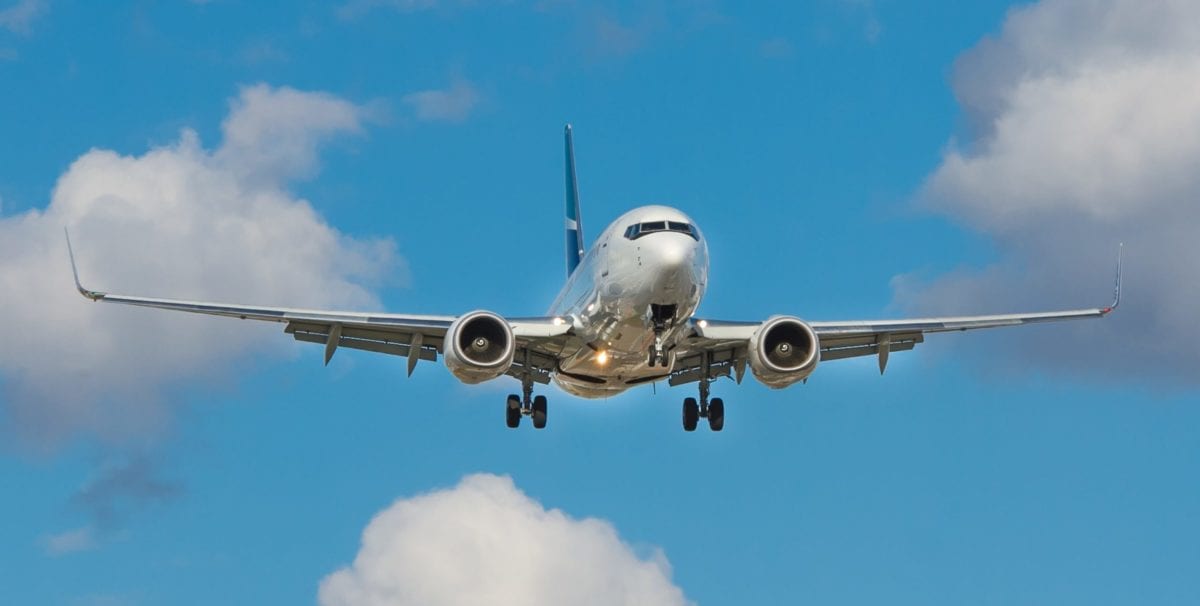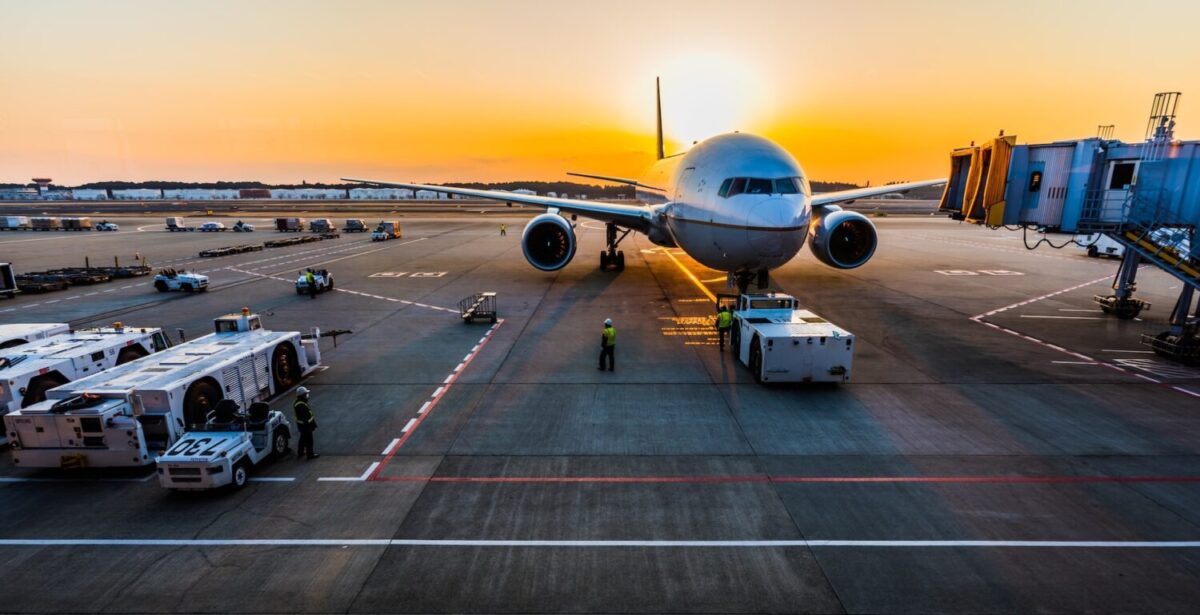Frequent flyers regularly (and understandably) gripe about airlines moving the goalposts for how many miles it takes to book a flight, raising award rates and gutting the best deals. Now, the U.S. Department of Transportation is investigating.
The airline industry's top federal regulator announced Thursday it's reviewing the frequent flyer programs of the country's largest airlines for “potential unfair, deceptive, or anticompetitive practices.” Transportation Secretary Pete Buttigieg sent letters to the CEOs of the four largest airlines – American, Delta, Southwest, and United – on Thursday, ordering them to provide a report on the policies and practices of their mileage programs, including information on devaluations that raise award prices, fees for transferring miles, how they price award tickets, and the underlying value of those miles.
Airlines at home and abroad are constantly reconfiguring their frequent flyer programs and raising award rates. Overnight, the airline miles and credit card points travelers have saved up – sometimes for years – are suddenly worth less than just the day before.
And as airlines and credit card companies have flooded the market with record-setting bonuses amid surging travel demand, those devaluations have only worsened.
The DOT says its probe is meant to protect the value of travelers' rewards and benefits.
“These programs bring real value to consumers, with families often counting on airline rewards to fund a vacation or to pay for a trip to visit loved ones,” Buttigieg said in a statement. “But unlike a traditional savings account, these rewards are controlled by a company that can unilaterally change their value. Our goal is to ensure consumers are getting the value that was promised to them, which means validating that these programs are transparent and fair.”
The department requested a ton of information from the four largest U.S. airlines on their mileage programs, including:
- A breakdown of their status programs, including how members earn status, how much that costs, and what and benefits they get
- A thorough description of how they set award prices and determine award availability
- A list of all the changes to the mileage and reward programs airlines have made since July of 2018
- Whether they notified members of those changes before they were made – or gave members a chance to avoid it
- The current value of a single airline mile – and how that has changed since July of 2018
- Copies of the contracts airlines have signed with credit card providers like American Express, Barclay's, Citi, and Chase for their co-branded credit cards
- A list of all the fees they charge to redeem miles or transfer them to other flyers
Airlines have until Dec. 4 to submit all that information and more to regulators. Everyday Americans may never see it – much of the information could be redacted.
But if they could, they may not like what they see.
Over the years, all the major U.S. airlines have ditched their award charts – the cheat sheets used to determine how many miles are needed for a given route – in favor of dynamic award pricing that closely mirrors the cash value of a ticket. That makes it easier for airlines to suddenly devalue these programs, and much harder for travelers to book the trip they saved their miles for … or even understand how many miles they actually need.
These are just a few of the many examples of major airline devaluations over just the last few years:
- Southwest raised award rates by 4% across the board at the start of 2024
- Alaska Airlines quietly hiked award rates to book Japan Airlines back in 2023, and rolled out even more award chart changes earlier this year
- American Airlines officially swapped to dynamic award pricing for its own flights last year, retaining an award chart for flights on partner airlines like Japan Airlines and Qatar Airways
- United hiked award rates to Europe, Asia, and beyond by 20% or more without a word of warning last year
- Beyond the unpopular revamp of its Medallion Status program that took effect this year, Delta is notorious for constantly changing award rates, from unpredictable economy redemptions to 300,000 SkyMiles or more for a one-way in business class

More than ever, it's clear that redeeming – not saving – your points and miles is the best way to beat the airlines at their own game.
Read next: I’m a Travel Credit Card Reporter … with 0 Points
Buttigieg and the DOT have been ratcheting up pressure on airlines to offer more protections for U.S.-based travelers, even issuing two new federal rules requiring airlines to disclose fees upfront and issue refunds when they cancel or delay flights. Late last year, the agency began to turn its focus to airlines' loyalty programs after reports that federal officials were meeting with airline executives about transparency when earning and redeeming airline miles.
Now, that's officially in the works. After the Dec. 4 deadline to submit a mountain of information, the DOT says it will determine whether to launch a formal investigation to explore any federal regulations or actions against the airlines.
Exactly what that might look like – or whether the next presidential administration will continue this effort in the New Year – is anyone's guess.






A lot of noise about nothing.. after a few months it will go back to the usual game and nothing will be done in favor of the comsumer or if anrything very little, Wanna Bet?
Observation, I cannot see Pete Buttigieg and DOT, looking out for the American Taxpayer in this one, without having some ulterior motive, establishing Award Miles to a Taxable amount, that somehow, those that don’t by the nature of their job have to travel every week, get disenfranchised by! So why, with the Big 4, is the merger bound, and noted Alaska not included along with Regional Carrier Hawaiian? The Airlines, AA in particular shaded high level fliers, when America West, purchased USAir, then subsequently, the same Mgmnt. team purchased AA, choosing to keep the AA name, by devaluing those who flew and qualified by Segments 100+/Yr, against the simpler constriction of Miles! Despite being Platinum, Chairman and Platinum from ‘96-‘15, I was relegated to Lifetime Gold, despite 1.4MM, but Segments equalling over 2,000. Next, why not Hotels, Marriott was 6 Days/5Nights 125,000 for beachfront Hawaii properties into the millennia, now the same period can be 750,000! Mayor Pete, has better things to do, like ATC Qualifications, the pending Harbor Strike on the West Coast, RR issues, the impact of Trucking on food prices, the people of Palestine, Ohio, being but a few!